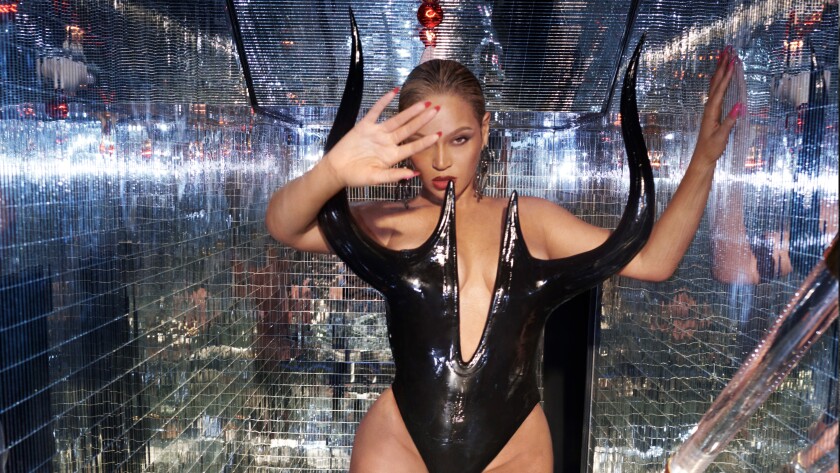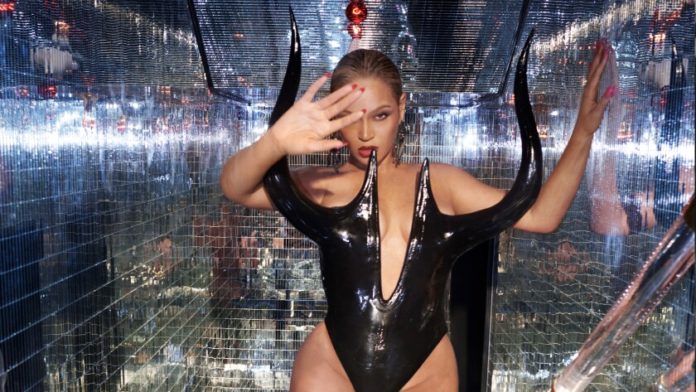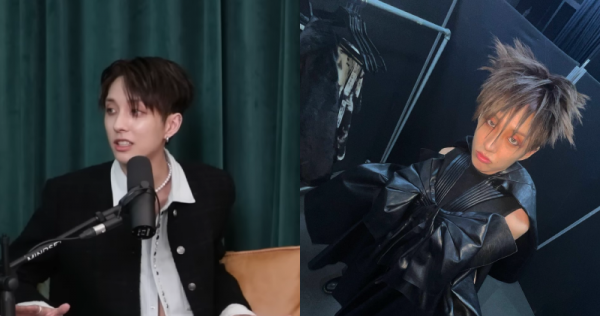Six years after her landmark LP “Lemonade,” Beyoncé has returned with the bracing, ravenous album two terrible years demanded.
The 16-track “Renaissance,” tipped for weeks as Bey’s most overt dip yet into club music, delivers on every inch of that promise. But it’s also in a deep and uneasy conversation with the fear and chaos of recent life in America, and the worries yet to come.
Here are six takeaways from the album’s first (official) hour in the world.
1. Yes, that leak annoyed her.
“Renaissance” leaked two days before its formal Thursday night release, potentially upending a meticulous rollout. Beyoncé has a long tradition of album-drop experiments that changed the record business in their wake.
In a note on social media, she wrote that she was humbled by fans waiting to experience it together.
“So, the album leaked, and you all actually waited until the proper release time so you all can enjoy it together,” she said. “I’ve never seen anything like it. I can’t thank y’all enough for your love and protection. I appreciate you for calling out anyone that was trying to sneak into the club early.”
2. She wasn’t the only artist irritated, though.
R&B singer Kelis said she felt slighted by Beyoncé using a sample of her 1999 song “Get Along With You” on “Energy.” Kelis said she was blindsided by the news.
“The reality is that it’s frustrating. I have the right to be frustrated,” she said on Instagram. “Why did no one have the human decency to call and be like ‘Yo, hey, [we] would like to use your record’.”
3. Now this is the club record of summer.
If Drake hoped his house-influenced “Honestly, Nevermind” would be the floor-filler of the season, it just got wiped off the decks. “Renaissance” is head-spinning for the sheer amount of ideas — swerving, staggering, crunching and pristine — in service of sexual mayhem and spiritual redemption.
The record pulls out strains of ‘70s disco, ‘80s synth-pop and freestyle, ‘90s deep house and bleeding-edge electronic experiments from Skrillex and A.G. Cook. Established collaborators like the Neptunes, The-Dream and Mike Dean adapt well to the format of blistering club music, with beats roiling and noises slashing around Beyoncé’s unerring vocal performances. Husband Jay-Z and Drake make homage-paying appearances, and rising stars 070 Shake and Labrinth live up to the occasion as well.
It’s astonishing just how much music there is on each and every song. “Alien Superstar” alone has 22 credited co-writers, including sample material. And Beyoncé’s suggested there are more installments yet to come.

Beyoncé.
(Mason Poole)
4. It’s the sexiest history lesson of the year.
The album’s guest stars track a path through the past and future of queer Black club music.
There are cameos or high-profile samples from disco icons Grace Jones and Nile Rodgers, a loving edit of Donna Summer and Giorgio Moroder’s genre-defining “I Feel Love,” nods to New Orleans bounce high priestess Big Freedia and house goddess Robin S on lead single “Break My Soul,” and Chicago house legend Green Velvet and cutting-edge trans house producer Honey Dijon on the sweat-soaked “Cozy.”
Beyoncé’s work has always been in a deep dialogue with geography and music history. But with “Renaissance,” she’s paying the debt backward and forward, tracing out a Black and queer tradition of nightclub rebellion and exaltation that cuts across genre and era.
5. It’s a body album in every way.
A DJ could credibly leave “Renaissance” on loop and watch a room of bodies writhe. But Beyoncé’s lyrics tap into a complicated well of feeling about physical existence, and the pleasures and perils of it. “Dancing in the mirror, kiss my scars because I love what they made,” she sings on “Cozy,” referencing the marks of birthing three children while remaining music’s most inventive sexual provocateur.
She keeps it up on the funny but ferocious “Energy,” where “them Karens just turned into terrorists” and threaten Black people’s very existence. On “Church Girl,” she sings, “felt like I moved mountains / Got friends that cried fountains… Soon as I get in the party I’m gon’ let go of this body.”
The entanglement of sacred and sultry, and violence and resilience, defines her writing. “I need more nudity and ecstasy” she sings on “Virgo’s Groove.” “Kiss me where you bruise me.”
6. A gay family member inspired it.
Like Kendrick Lamar’s track “Auntie Diaries,” Beyoncé’s album is in part a loving tribute to an LGBTQ family member whose life helped shape her art.
Beyoncé dedicated “Renaissance” in part to her late uncle Johnny (“uncle” is a term of endearment; he was actually Bey’s mother’s nephew). She described him in a note preceding the album release as one of her entries into a tradition of Black LGBTQ culture.
Johnny was “my godmother and the first person to expose me to a lot of the music and culture that serve as inspiration for this album,” she wrote.








